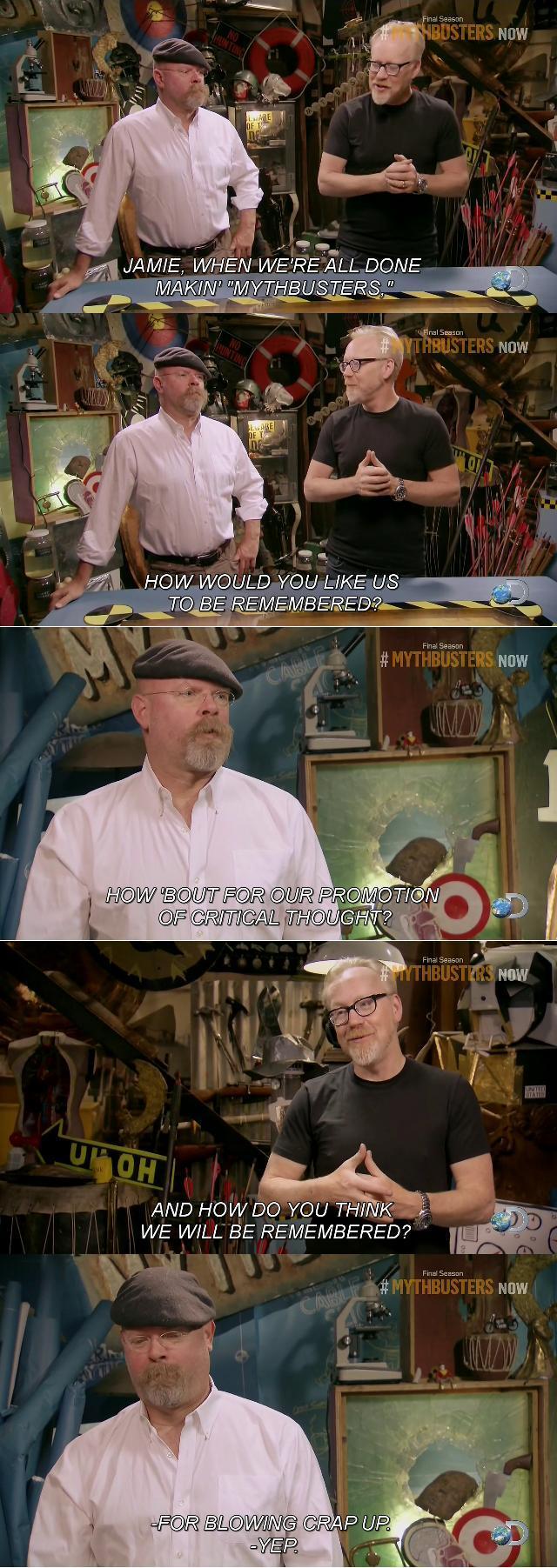this post was submitted on 10 Dec 2024
807 points (99.4% liked)
Memes
12707 readers
945 users here now
Post memes here.
A meme is an idea, behavior, or style that spreads by means of imitation from person to person within a culture and often carries symbolic meaning representing a particular phenomenon or theme.
An Internet meme or meme, is a cultural item that is spread via the Internet, often through social media platforms. The name is by the concept of memes proposed by Richard Dawkins in 1972. Internet memes can take various forms, such as images, videos, GIFs, and various other viral sensations.
- Wait at least 2 months before reposting
- No explicitly political content (about political figures, political events, elections and so on), !politicalmemes@lemmy.ca can be better place for that
- Use NSFW marking accordingly
Laittakaa meemejä tänne.
- Odota ainakin 2 kuukautta ennen meemin postaamista uudelleen
- Ei selkeän poliittista sisältöä (poliitikoista, poliittisista tapahtumista, vaaleista jne) parempi paikka esim. !politicalmemes@lemmy.ca
- Merkitse K18-sisältö tarpeen mukaan
founded 3 years ago
MODERATORS
you are viewing a single comment's thread
view the rest of the comments
view the rest of the comments


For me, it was: you need to think critically, but you also need to employ proper experts. They did a lot of cringe 'science' early.
I hate the trombone episode they did For context I play the trombone
So the myth was that there was this performer who put a firework in his trombone mute and it ended up launching the slide off
They used a crappy pawn shop trombone with no oil to test it
The slide should be so smooth that if you simply hold it upside down and let go of the slide it should fall with near zero resistance
But if your trombone isn't properly maintained All it takes is one tiny dent to mess that up and significantly increasing the drag
Hell all it would of took is one of the producers to drop it or bump into it to dent it ruining the whole experiment
would have taken. Even without took/taken. would have, could have. never of. The confusion comes from would've could've.